The return of history: is the West's liberal establishment crumbling?
Justin Trudeau's resignation signals a wider political trend that has upended the liberal consensus
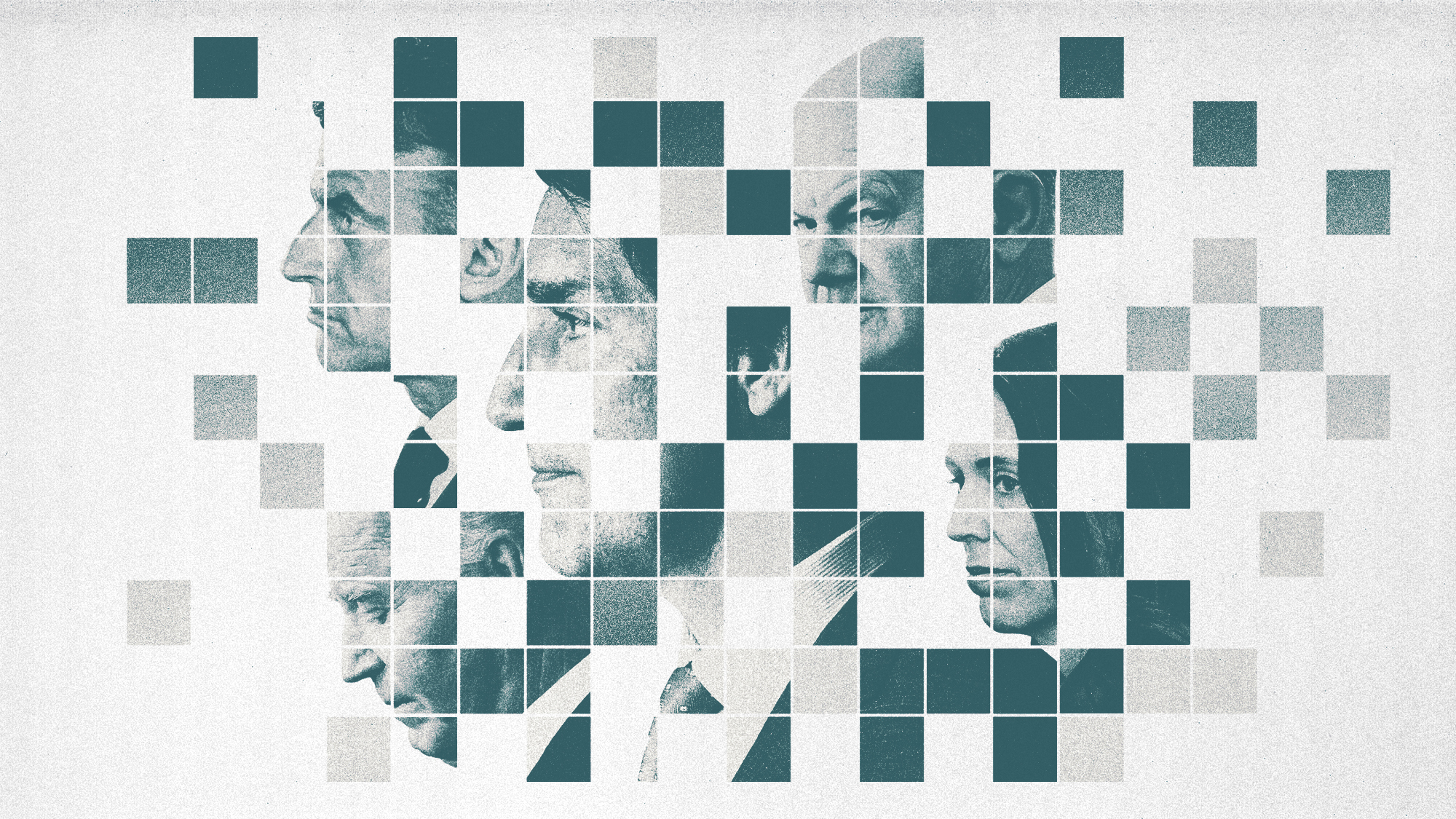
A free daily email with the biggest news stories of the day – and the best features from TheWeek.com
You are now subscribed
Your newsletter sign-up was successful
In 1989, American political scientist Francis Fukuyama wrote "perhaps the best-known statement on the then-apparent triumph of liberal democracy", said Ben Ansell on NPR.
In his essay "The End of History?", published as the Berlin Wall fell, Fukuyama argued that the ideologies of the 20th century – fascism, nationalism, communism – had "lost the battle of ideas". Liberal democracy, both economic and political, had triumphed.
But now, the resignation of Canada's Prime Minister Justin Trudeau, once "hailed as the poster boy of global liberalism", reflects "the wider political trend that has upended the liberal consensus", said The Telegraph.
The Week
Escape your echo chamber. Get the facts behind the news, plus analysis from multiple perspectives.

Sign up for The Week's Free Newsletters
From our morning news briefing to a weekly Good News Newsletter, get the best of The Week delivered directly to your inbox.
From our morning news briefing to a weekly Good News Newsletter, get the best of The Week delivered directly to your inbox.
What did the commentators say?
Thirty-five years on from "The End of History?", Donald Trump's victory in the US election "represents a decisive rejection by American voters of liberalism", said Fukuyama in the Financial Times. Trump "not only wants to roll back neoliberalism and woke liberalism, but is a major threat to classical liberalism itself".
Discontent over rising inflation and migration, and a "backlash" against government measures imposed during the Covid-19 pandemic, is causing a "growing global disenchantment" with liberalism, said The Telegraph.
Another "doyenne of the global liberal left", the former prime minister of New Zealand Jacinda Ardern, "fell from grace" in 2023. Japan's long-ruling Liberal Democratic Party lost its majority in October's elections, its worst result in more than a decade. In France, the centrist President Emmanuel Macron is facing a "mounting challenge" from Marine Le Pen’s far-right National Rally party. Germany's coalition government has collapsed and Olaf Scholz, the moderate chancellor, is expected to suffer a "heavy defeat" in next month's general election.
The far-right Alternative for Germany may emerge as "the second-biggest party", said Ishaan Tharoor in The Washington Post. That would have been "unthinkable just a few years ago" when Berlin – under the then chancellor Angela Merkel – "styled itself a bulwark of the liberal order".
A free daily email with the biggest news stories of the day – and the best features from TheWeek.com
Scholz and Trudeau are both "politically tethered to a liberal establishment in the West that is in pronounced retreat". Its values, including an embrace of globalisation, multiculturalism and environmentalism, are increasingly "seen as the aloof dogma of an entrenched elite". It's unclear whether right-wing opponents have the right solutions, but voters across the West are "eager for change and more open to anti-system politics".
This shift has also "swept across Latin America", said Newsweek, a region "once synonymous with progressive ideas and left-wing governments". Argentina's election of controversial economist Javier Milei was "perhaps the most profound illustration". In Britain, Keir Starmer is "on the political ropes" and approval ratings for the newly elected Labour government have already tanked. Brexit-era tensions still "dominate", while "right-wing rhetoric" resonates strongly.
Progressive leaders worldwide are failing to address voter discontent while trying to counter the "growing appeal of nationalist and populist ideologies". The "clarity" of such ideologies leaves progressives "struggling to articulate a compelling alternative vision for the future".
Yes, Trump's re-election marks the end of the US as a "liberal empire", said The Atlantic. But the very idea of a "liberal international order" was, for many, "always a Western fiction". Just look at Joe Biden's "spotty record" of mobilising support to defend it, in the face of Russia's invasion of Ukraine. Such an order existed only as long as "the US had the power and political will to impose it".
If liberals are to respond effectively to the challenges ahead, they will need to "discard the story they've always told themselves" about 1989. "The means of overcoming despair is to be found in better comprehension."
What next?
Trudeau plans to stay on as prime minister until a new leader of the Liberal Party can be chosen. Parliament will be suspended until 24 March to allow for a leadership race, but all three main opposition parties have said they plan to topple the party in a no-confidence vote when it resumes, so a spring election is likely. Whatever happens, a national election must take place by October, and the Liberals are on track for a "bruising defeat", said The Telegraph.
The leader of Canada's Conservative Party, Pierre Poilievre, is widely tipped to be the next prime minister. Starmer's Labour government "could soon become the last remaining left-leaning administration within the G7".
But Fukuyama's argument was about the power of ideas, said Ansell, and "we can chalk up one victory for him". The idea of elections (regardless of how free or seriously taken) has come to prevail almost everywhere in the world. And that means democracy, whether liberal or not, "will always be in with a fighting chance".
Harriet Marsden is a senior staff writer and podcast panellist for The Week, covering world news and writing the weekly Global Digest newsletter. Before joining the site in 2023, she was a freelance journalist for seven years, working for The Guardian, The Times and The Independent among others, and regularly appearing on radio shows. In 2021, she was awarded the “journalist-at-large” fellowship by the Local Trust charity, and spent a year travelling independently to some of England’s most deprived areas to write about community activism. She has a master’s in international journalism from City University, and has also worked in Bolivia, Colombia and Spain.
-
 How to Get to Heaven from Belfast: a ‘highly entertaining ride’
How to Get to Heaven from Belfast: a ‘highly entertaining ride’The Week Recommends Mystery-comedy from the creator of Derry Girls should be ‘your new binge-watch’
-
 The 8 best TV shows of the 1960s
The 8 best TV shows of the 1960sThe standout shows of this decade take viewers from outer space to the Wild West
-
 Microdramas are booming
Microdramas are boomingUnder the radar Scroll to watch a whole movie
-
 Switzerland could vote to cap its population
Switzerland could vote to cap its populationUnder the Radar Swiss People’s Party proposes referendum on radical anti-immigration measure to limit residents to 10 million
-
 Greenland’s capital becomes ground zero for the country’s diplomatic straits
Greenland’s capital becomes ground zero for the country’s diplomatic straitsIN THE SPOTLIGHT A flurry of new consular activity in Nuuk shows how important Greenland has become to Europeans’ anxiety about American imperialism
-
 Panama and Canada are negotiating over a crucial copper mine
Panama and Canada are negotiating over a crucial copper mineIn the Spotlight Panama is set to make a final decision on the mine this summer
-
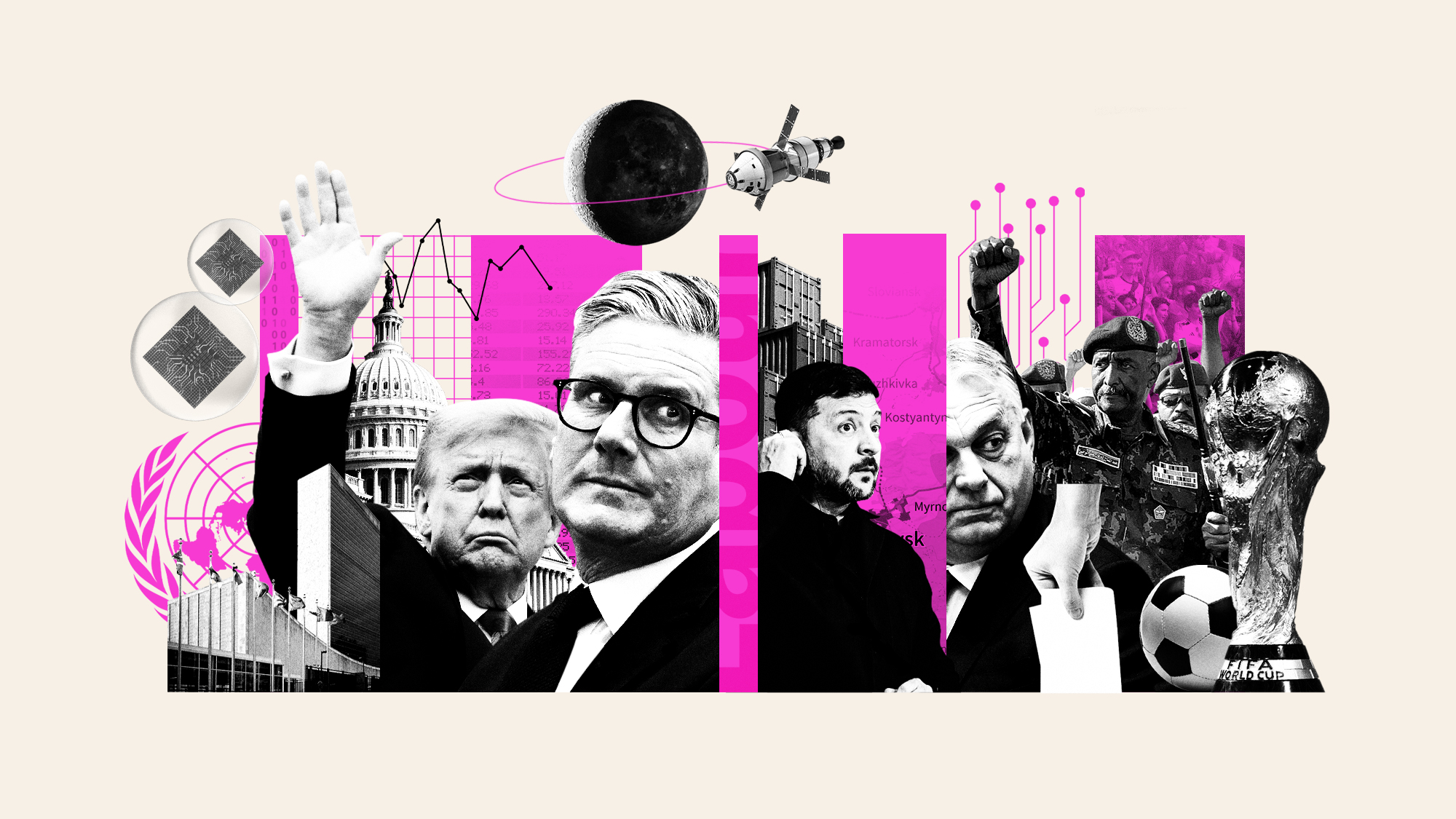 What will happen in 2026? Predictions and events
What will happen in 2026? Predictions and eventsIn Depth The new year could bring peace in Ukraine or war in Venezuela, as Donald Trump prepares to host a highly politicised World Cup and Nasa returns to the Moon
-
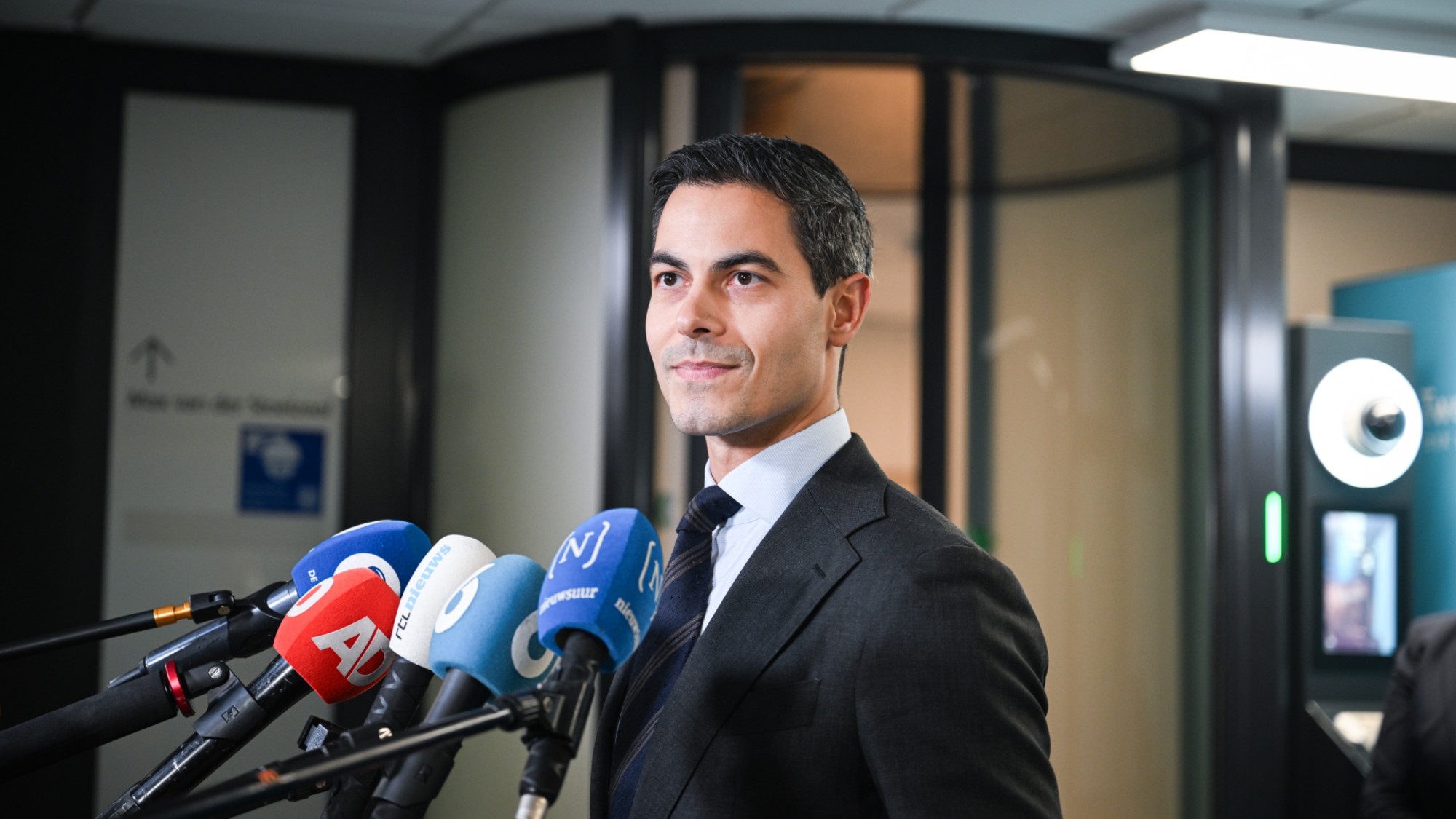 Rob Jetten: the centrist millennial set to be the Netherlands’ next prime minister
Rob Jetten: the centrist millennial set to be the Netherlands’ next prime ministerIn the Spotlight Jetten will also be the country’s first gay leader
-
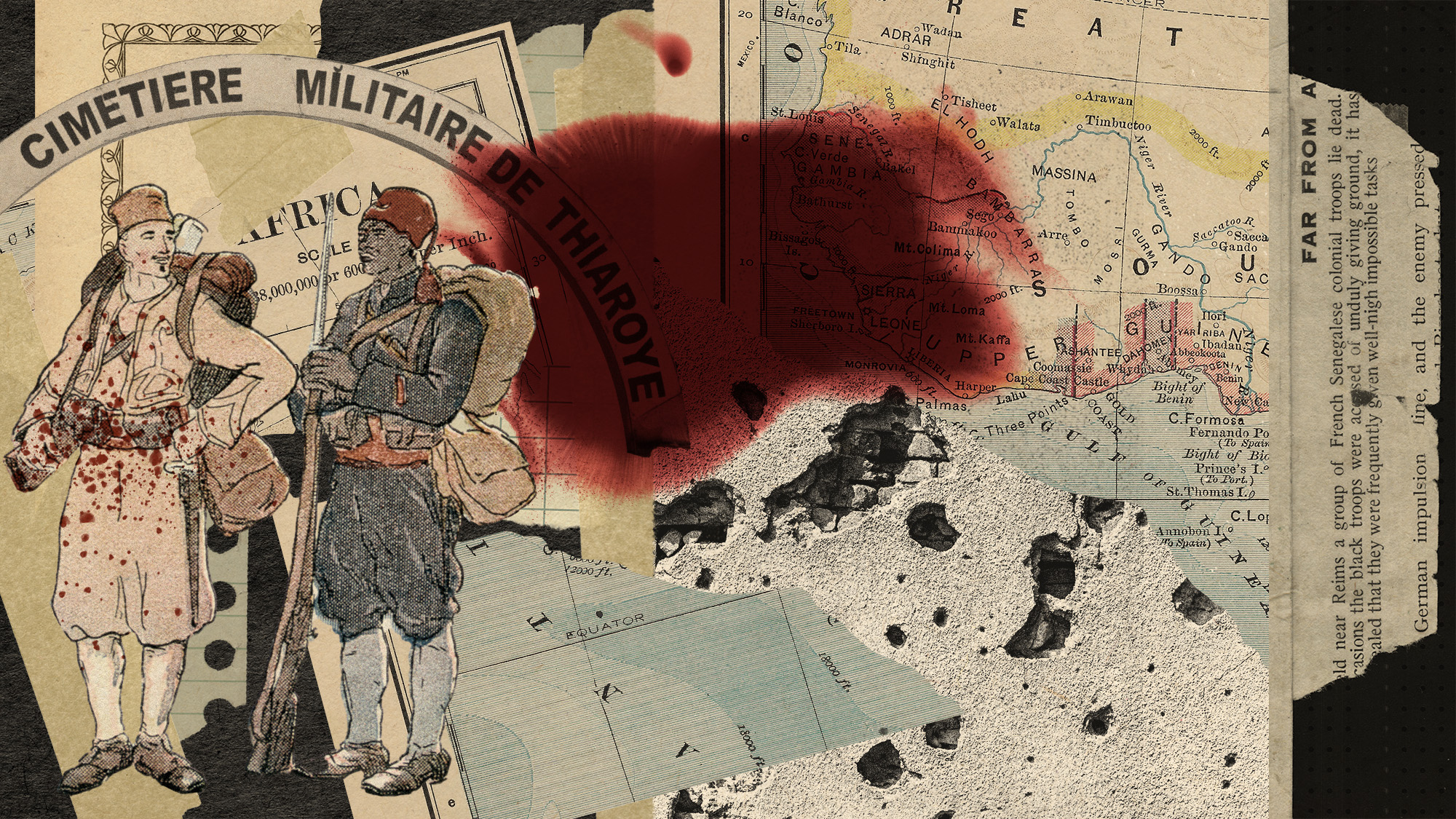 The WW2 massacre dividing Senegal and France
The WW2 massacre dividing Senegal and FranceUnder the Radar A new investigation found the 1944 Thiaroye attack on ‘unarmed’ African soldiers was ‘premeditated’, and far deadlier than previously recorded
-
 Sanae Takaichi: Japan’s Iron Lady set to be the country’s first woman prime minister
Sanae Takaichi: Japan’s Iron Lady set to be the country’s first woman prime ministerIn the Spotlight Takaichi is a member of Japan’s conservative, nationalist Liberal Democratic Party
-
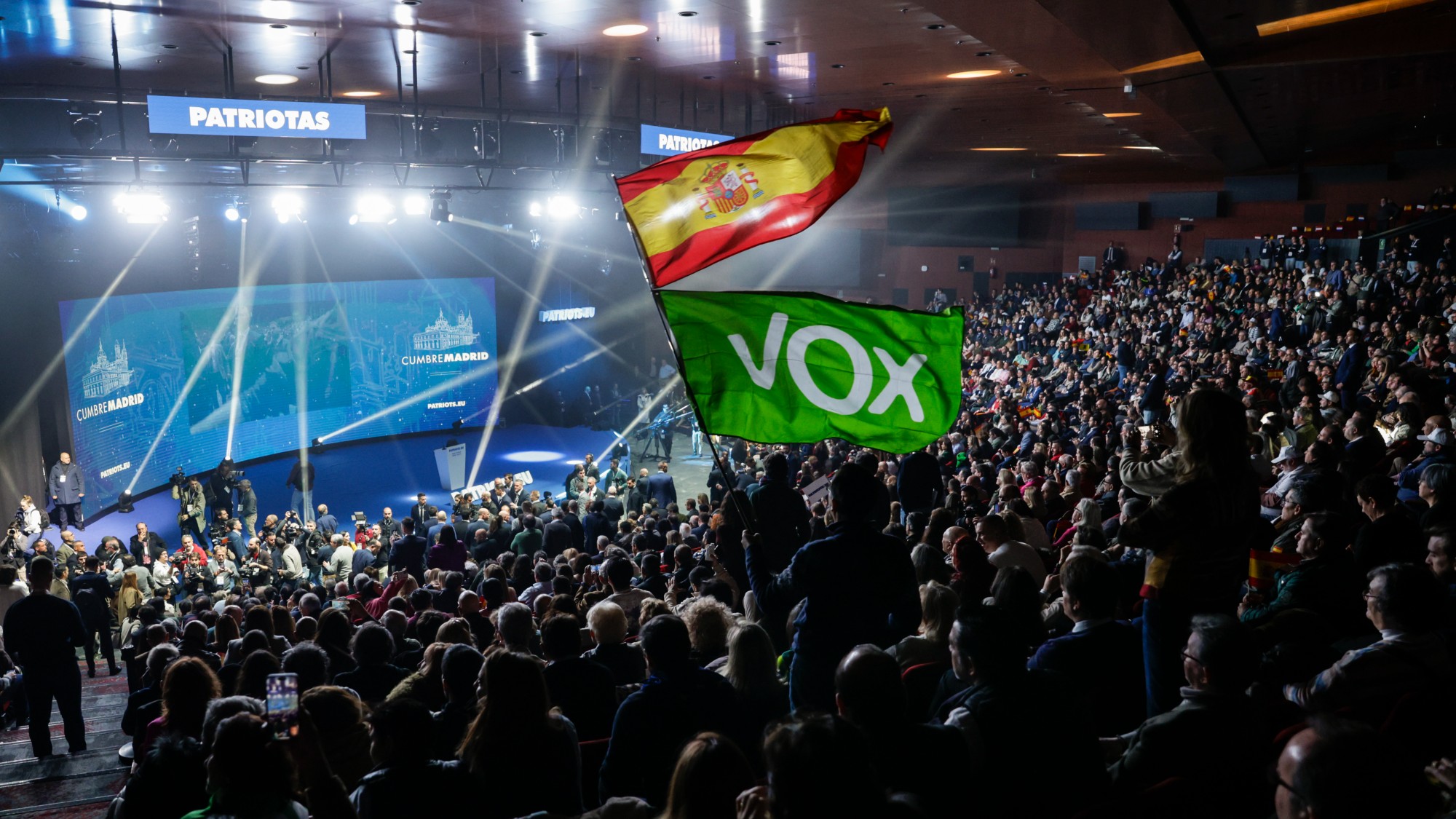 Rise of the far-right: what’s behind the popularity of Vox in Spain?
Rise of the far-right: what’s behind the popularity of Vox in Spain?The Explainer Disillusioned younger voters are being drawn to Santiago Abascal’s party